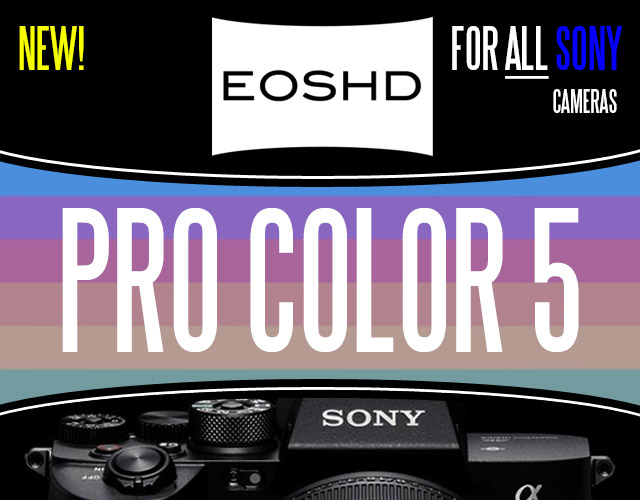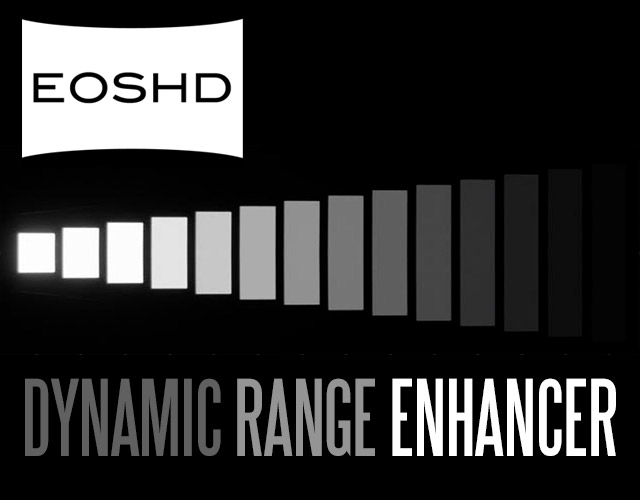N. and S. America mirrorless sales plummet 47%
-
Similar Content
-
- 1 reply
- 2,638 views
-
First Time Posting - Introducing myself with a new camera reel
By Riadnasla,
- xa30
- live-editing
- (and 13 more)
- 4 replies
- 3,341 views
-
- 0 replies
- 2,313 views
-
- 0 replies
- 2,755 views
-
This should drive Black Magic Pocket Camera Users HYSTERICAL
By sanveer,
- BlackMagic
- (and 2 more)
- 0 replies
- 2,850 views
-






Recommended Posts
Create an account or sign in to comment
You need to be a member in order to leave a comment
Create an account
Sign up for a new account in our community. It's easy!
Register a new accountSign in
Already have an account? Sign in here.
Sign In Now